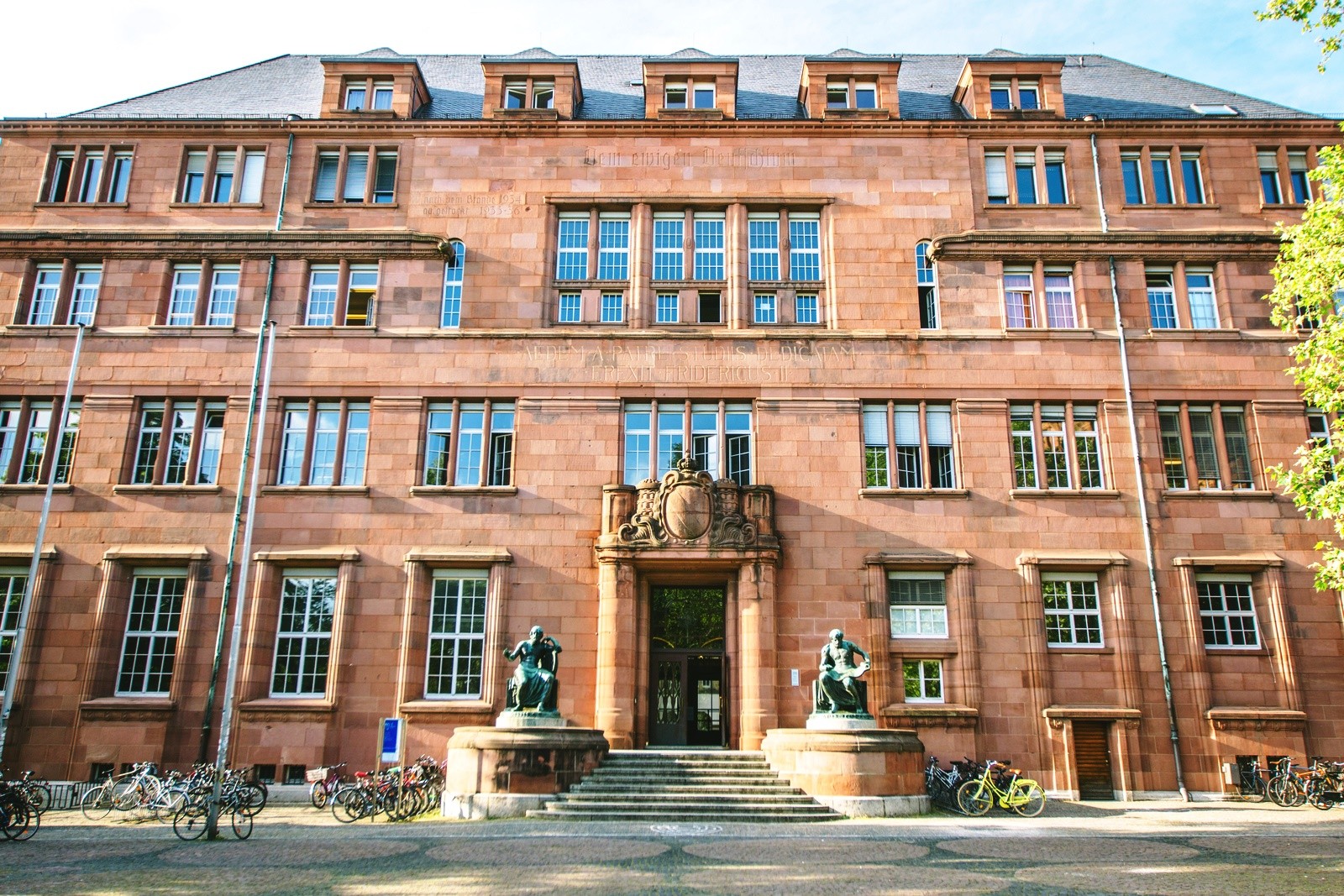University of Freiburg features in a published report
The “Historic Commission for the namesakes of the University of Freiburg” presented their final report today, May 24, 2023. Based on the report’s findings, the commission found “no cause for changing the name of the University of Freiburg.” In a same-day session, the Senate and the University Administration agreed with the report’s findings. The University of Freiburg had summoned the commission proactively, as it examined the historic role the University’s namesakes Archduke Albrecht VI of Austria (1418-1463) and Grand Duke Ludwig I of Baden (1763-1830), played at the University. Their political views towards Jews were of particular interest.
The reason for this was, among other things, the recent critical examination of the name of the University of Tübingen, whose foundation charter had taken over a passage excluding Jews from the foundation charter of the University of Freiburg from 1457. The passage decreed that members of the University at that time should not associate with or harbour “Jews or other obvious usurers [Juden auch sust keinen offen furkouffer oder wuchrer]”
The commission’s central finding
A central finding of the commission is that “Albrecht VI, like most Habsburgs, had a far more positive attitude towards Jews than most of his fellow princes and contemporaries, despite the exclusion from Christian society typical of the time.” The passage in the foundation charter is in particular an expression of a consensus with the city of Freiburg as a co-exhibitor, which at that time “did not want to tolerate any Jews at all within its walls” and for this invoked a corresponding royal privilege from the year 1424. In 1446, however, Albrecht VI had issued a decree to give Jews more legal safeguards. He reaffirmed this in 1454, shortly before the University was founded.
With regard to Grand Duke Ludwig I of Baden (1763-1830), the second namesake of the University of Freiburg, the commission notes on the basis of its research that he was considered “a conservative regent, but hardly hostile to Jews.” Shortly after his accession to the regency, anti-Jewish protests and attacks took place in many places in southern Germany. Ludwig I was “furiously upset” about this, as one source describes it, and according to historical research did not hesitate to protect Jews in general.
“Great concern to proactively shed light on the historical roles of the University of Freiburg’s namesakes”
Prof. Dr. Kerstin Krieglstein, Rector at the University of Freiburg, emphasizes: “Against the background of the current name debates at universities and especially with regard to the foundation charter, it has been a great concern for us to proactively shed light on the historical roles the patrons of the University of Freiburg’s name played. I would like to thank the commission very much for its thorough work.” The fact that these name debates are being conducted is right and important, says Prof. Dr. Sylvia Paletschek, Vice-President for University Culture at the University of Freiburg, which appointed the commission. “We support the engagement with university remembrance culture and the reappraisal of the history of our university. This also includes the historically differentiated clarification of the living conditions of marginalized and persecuted groups and their relationship to the University and its members – this is what the commission has done with its assessor and what we will continue to do as a university.”
The “Historic Commission for the namesakes of the University of Freiburg” began its investigation on November 17, 2022. It was led by the Freiburg historians Prof. Dr. Birgit Studt (Professor of Medieval History) and Prof. Dr. Dieter Speck (Director of the University Archives until April 30, 2023). Other commission members included Prof. Dr. Johannes Heil (Ignatz Bubis Endowed Professorship for the History, Religion and Culture of European Jewry, Heidelberg University of Jewish Studies), Prof. Dr. Sigrid Hirbodian (Professor of Historical Regional Studies, University of Tübingen) and Prof. Dr. Wolfgang Zimmermann (Director of the General State Archive Karlsruhe) as external experts.

